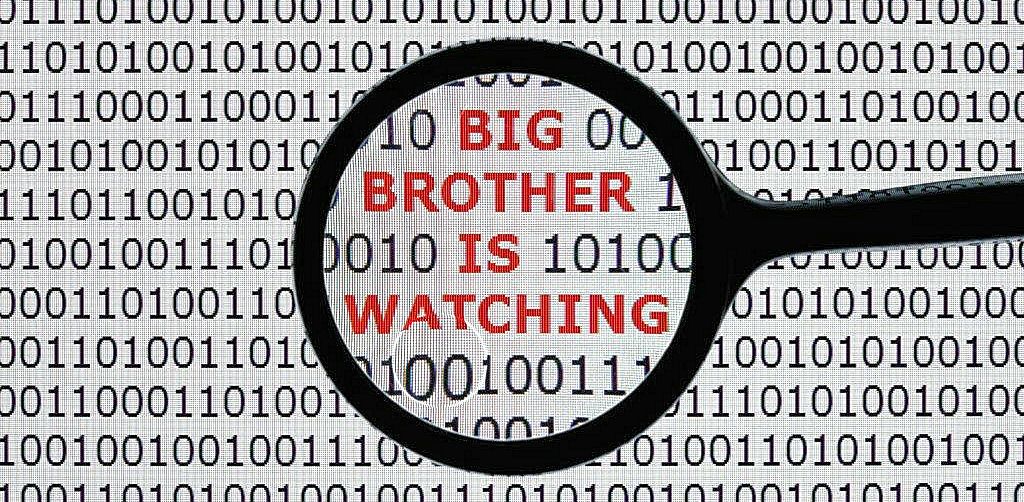Il decreto semplificazioni permette il controllo a distanza senza necessità di un accordo sindacale ad hoc. Il datore potrà accedere a dati e conversazioni anche sui dispositivi personali del dipendente, se li usa per lavoro. Il lavoratore sorpreso a usarli per fini non lavorativi rischierà sanzioni disciplinari. Via libera anche al monitoraggio degli spostamenti. Il giuslavorista: “Rischio di ricorsi per incostituzionalità”
Of Stefano DeAgostini | June 17, 2015 | Daily fact
The decree, which is now being examined by Parliament and to which the government will then have to give the definitive go-ahead, modifies article 4 of the Statute of workers, that on remote controls In a working environment. There are no big news regarding the installation of “audiovisual systems“, i.e. the cameras, for which the trade union agreement or theauthorizationby the Ministry of Labour. Different speech for "the tools that the worker needs to perform his work", i.e. PCs, tablets and smartphones, and the "instruments of registration of accesses and presences”, i.e. the badges. In this case the employer will be able to control the devices without making agreements with the trade union organizations.
But despite these protections, according to the labor lawyer, one point of the decree still puts the worker's privacy at risk: this is the part concerning company badges. The premise is that a distinction must be made between the tools that record entry and exit from work and those that report movements within the company. “Liberalizing control over the cards with which you enter and exit is legitimate, because it allows you to keep track of working hours - explains Salimbeni - But there are also systems through which you can monitor the movements of the worker within the company perimeter. This more invasive control would violate
To these critical points is added another one, which concerns the assumptions with the new contract with increasing protections in force since 7 March. “If the employer – explains Salimbeni – fires an employee who entered alone two minutes on Facebook, the dismissal will be illegitimate, but the employer can still keep the worker out of the company and pay him only oneallowance, without reintegrating him into work”. The relative decree of the Jobs act, in fact, provides that the labor judge, in the event of disciplinary dismissals, cannot assess the severity of the crime committed, but must limit itself to verifying it subsistence. And combined with the new measure, it can give this effect: every infraction at a disciplinary level, even if the bargaining agreements identify it as minor, can give rise to a dismissal without the possibility of reinstatement.
Jobs Act: l’informatico investigativo, sempre esistiti software per controlli a distanza
Article published on: 18/06/2015 adnkronos
“
“La tecnologia ha fatto passi da gigante -spiega- ormai si può vedere tutto a distanza, sia sul cellulare che sui pc. Per non parlare se ci si collega a Facebook. Tra gps e messaggi il controllo è assicurato. Pensiamo solo alla casella di posta -fa notare- che il datore di lavoro concede al dipendente in ufficio per dialogare professionalmente. La posta in oggetto può essere tranquillamente monitorata, anche per esigenze di sicurezza dell’azienda stessa per evitare magari una fuga di notizie”.
“Quello che voglio dire -ribadisce Lodeserto- che, Jobs Act a parte, i controlli non sono una novità e che si possono fare con estrema facilità su ogni singolo strumento che il lavoratore usa: dal telefono fisso, al pc e al cellulare. I controlli di rete non si possono certo oscurare. Certo esiste anche un discorso relativo alla privacy e alla legalità, ma questa è tutta un’altra storia”.
Related news: Jobs Act, l’ultima vergogna: è lecito spiare i lavoratori
Jobs Act (UGL), Capone: "Destruction art.18 was not enough for the government"
Jobs act: Camusso (CGIL) attacca “Siamo come al Grande Fratello”
“Controllo a distanza, oggi per i lavoratori non cambia nulla”
Jobs Act, un’idea vecchia di lavoro
Interceptions, the centrists and the gag: "Immediately decree".
At each inquiry – it had been so for the Lupi case and the investigation into the Great Works and it is these days for the Ischia case and the conversations of Massimo D'Alema – the topic of wiretapping returns to the political sights and almost everyone agrees. To restore the gag.
Ed.: we want to make it increasingly difficult for the judiciary to remotely control the offenders' iPads or Smartphones, but for the workers ...
